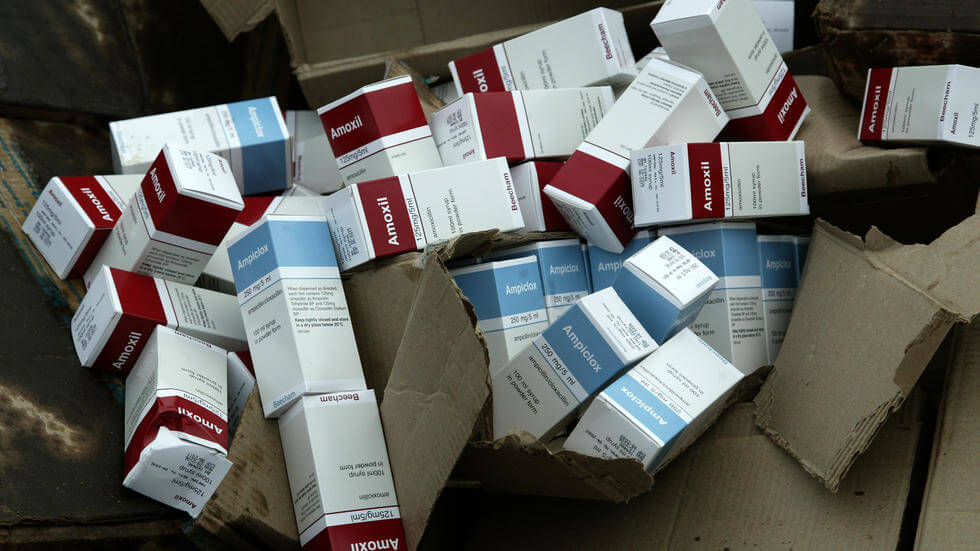The Presidents of the Republic of Congo, Gambia, Ghana, Niger, Senegal, Togo, and Uganda met in Lome, Togo on January 17 to sign an agreement criminalizing trafficking of fake drugs. The event was also visited by the head of the WHO, Tedros Ghebreyesus.
Since 2013, Africa makes up 42% of the fake medicine seized across the globe. Antibiotic and antimalarial products are often "out-of-date or poor, ineffective copies". Nigeria, the continent’s most populated country, is the biggest market in Africa. In 2016, the World Customs Organization seized “tens of millions of fake pills and medicines” at 16 ports around Africa; 35% were headed for Nigeria. Unfortunately, Nigeria was not present at this summit.
It is thought that between 30 and 60% of fake medicine sold in Africa is manufactured in China and India. In fact, in November 2019, the Ivory Coast police seized 200 tonnes of fake drugs and arrested four suspects, one of whom was a Chinese national.
The World Health Organization (WHO) estimates that 100,000 Africans die from taking “falsified or substandard” medication every year.
The problem is exacerbating by insufficient legislation, weak border control, poorly equipped healthcare systems, high poverty levels, and a lack of a reliable and centralized distribution network.
The fake drugs not only prevent patients from recovering, but in many cases also increase their resistance to genuine medication.
In 2015, Togo introduced a law that imposes a 20-year jail sentence and an $85,000 fine for traffickers.
In 2017, entrepreneur Vivian Nwakah founded Medsaf to help Nigerians track medications from producer to consumer.
Despite their best efforts, the problem is still rampant across Africa. Thus, the ‘Sommet de Lome’ aims to create a collective effort, marked by information and resource sharing, to tackle this problem. The leaders will sign an agreement for stronger legislation to criminalize the sale of fake drugs. It is hoped that this multilateral cooperation will encourage other African nations, like Nigeria, to join the agreement and dismantle the $200 billion industry.
Image Source: France 24

